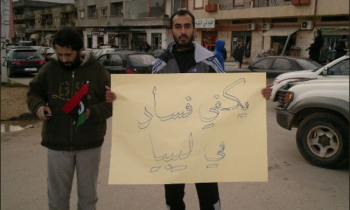The Indian Express did not appear on June 26, the day India awoke to unfreedom and the Emergency. When the newspaper did appear two days later, no words filled the space in which this editorial now appears. Instead, there was a blank. Yet it spoke in its very wordlessness, how it spoke. It spoke of an unacceptable, unspeakable crime perpetrated on the nation. It spoke of draconian laws and unconscionable arrests. Above all, it spoke of the censor’s shadow that rendered all speech without meaning. Today, 25 years later, the memory of that gaping hole on the editorial page of the newspaper returns to educate and to inspire. There is nothing that can replace freedom, it seems to say, and nothing more worthy of defence.
What made the Emergency possible? How was it that one woman’s paranoia could turn out to be a whole nation’s nightmare? Why did a democratic order collapse at that first gust of wind like a badly rigged up tent? To this day, the answers continue to elude us. Clearly, the choreographers of Indira Gandhi’s Emergency used the language of terror and patriotism with rare efficacy while staging their show. There is no need for panic, the Empress declared famously in her first address to the nation, but ironically it was the panic in the mind of the ordinary citizen that allowed her to create that sanitised zone where knees make contact with the floor and heads nod in perpetual agreement. External threat. Yes, yes. Nation in danger. Yes, yes. Responsible’ press. Yes, yes. Twenty point programme. Yes, yes. Sterilisation targets. Yes, yes. In the sanitised zone with its muzzled Press, everything sounded like a yes’. Meanwhile, 34,988 people found themselves detained under MISA, some 35,000 others under the Defence of India Rules.
But sanitised zones can also turn out to be labyrinths for dictators. The results of the 1977 Lok Sabha elections well demonstrated this. As the concept of the Janata Party grew behind iron bars, in Tihar Jail and in jails situated in places as far-flung as Rohtak, Bangalore and Bombay, the sounds from the margins started trickling in... If the Emergency symbolised the arrogance and mindless cruelty of power, the period that followed came to symbolise the will of the people. If one drew its strength from dictatorship, the other drew its strength from democracy. If one required a ruthless leadership and a blind bureaucracy, what the other needed was the unity of the people. The makers of history can afford to forget history, but those who are shaped by its forces cannot but remember.
Excerpted from an editorial in The Indian Express’, June 24, 2000









